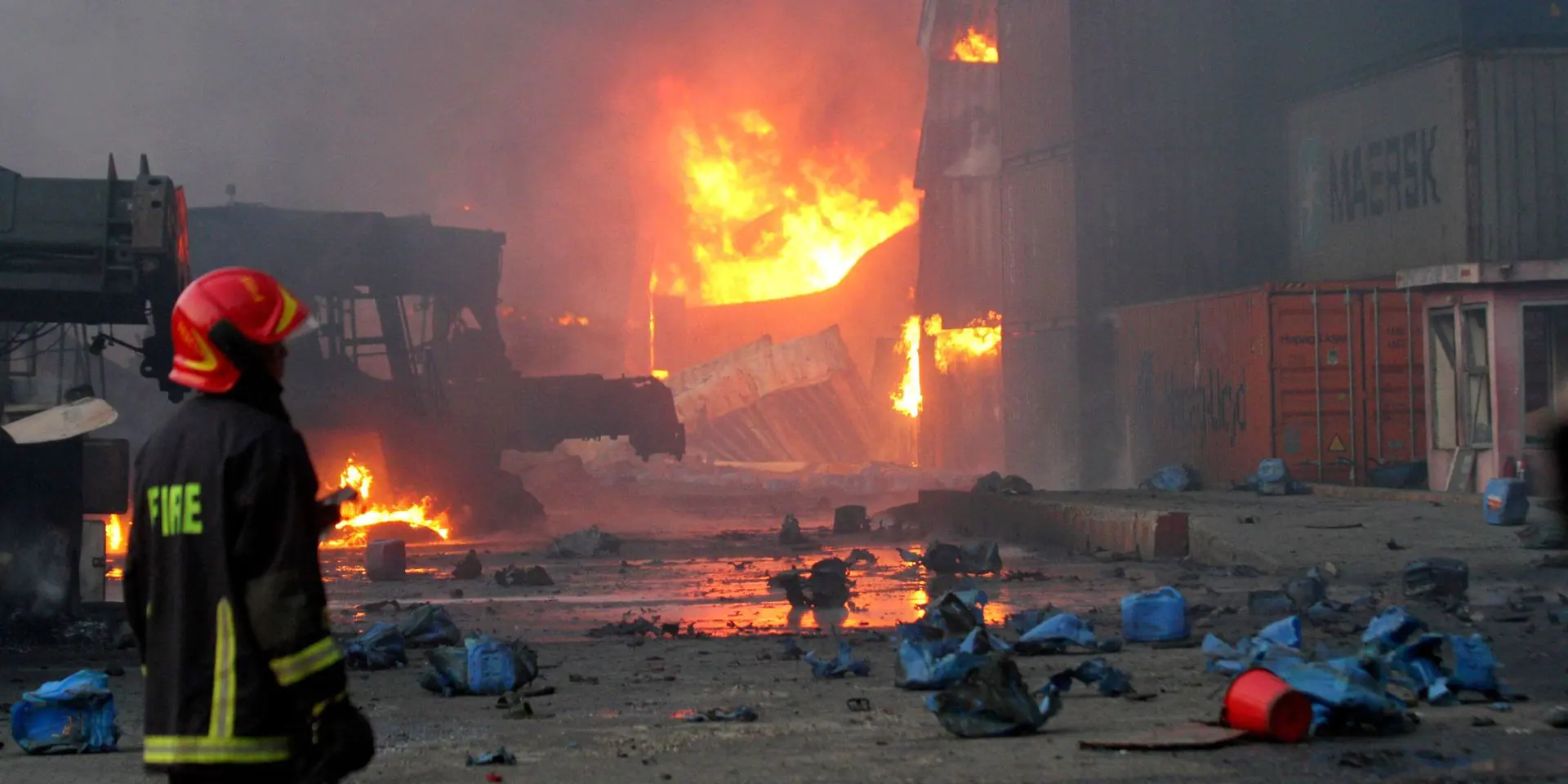Senegal: Heavy losses in a new fire at Touba’s Ocass market
The Ocass market in Touba, Senegal was once again ravaged by a fire on the night of Saturday, May 31 to Sunday, June 1. More than 34 stalls and numerous stands were reduced to ashes, reigniting a collective trauma still fresh among traders and residents, five years after the disaster of 2020.

SUMMARY
The fire broke out shortly after 1 a.m., when the market was empty but freshly stocked with goods in anticipation of the Tabaski festival. The timing was dramatic: the losses are heavy, both in goods and hopes.
The emergency services, though promptly alerted, struggled to respond effectively. Narrow lanes, the absence of a clear evacuation plan, but especially the unavailability of fire hydrants due to a water shortage, severely compromised the firefighters’ efforts. The fire spread rapidly, taking with it years of efforts and investments.
The same causes, the same consequences?
This new tragic episode reignites criticism over the lack of prevention and maintenance of infrastructure. In November 2020, an even larger fire struck this same market. At that time, authorities had promised a secure reconstruction, with reinforced measures to prevent any recurrence.
Five years later, the observation is bitter: structural weaknesses remain, and the promises seem to have evaporated as quickly as the flames consumed the stalls.
Beyond the material losses, an entire economic ecosystem is wavering. The Ocass market, the nerve center of commerce in Touba, supports thousands of families. Its chronic insecurity poses a direct threat to the social stability and economic resilience of the city.
Traders, still in shock, are calling for urgent, real, and lasting measures. Because beyond the legitimate outrage, it is lives, dreams that go up in smoke.


Comments